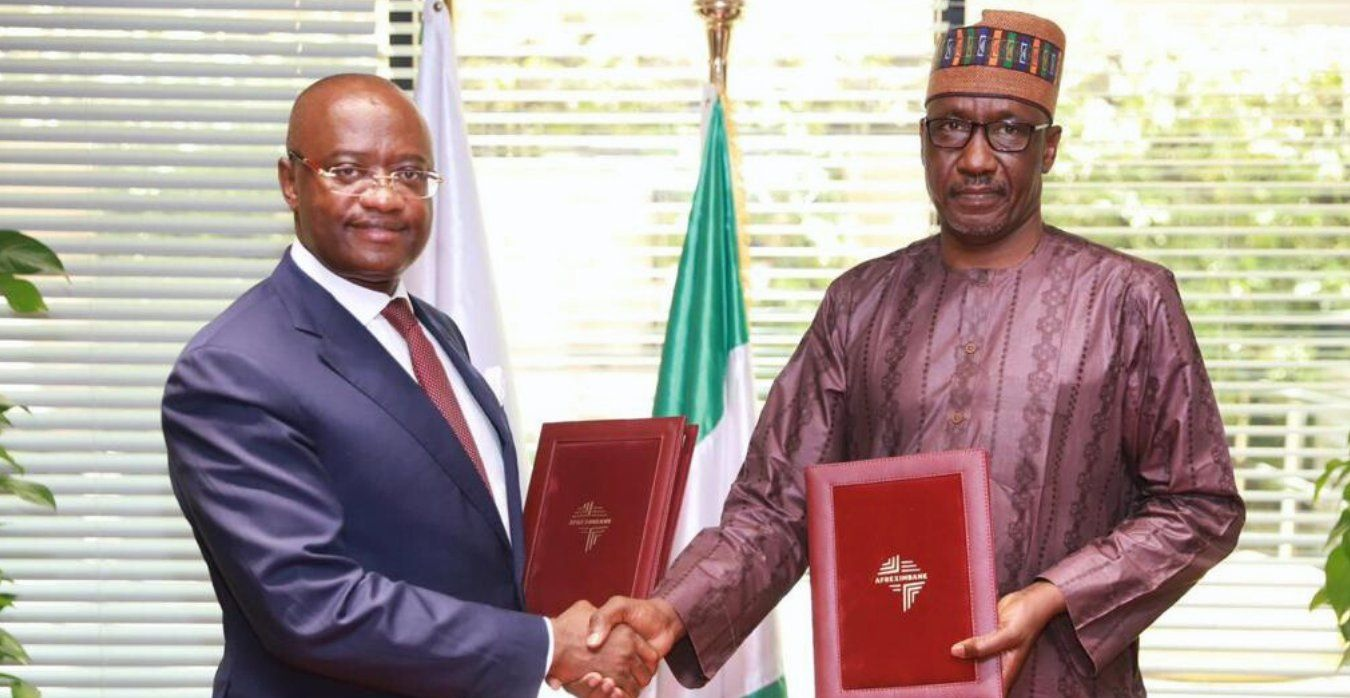The government of Nigeria is looking to lower fuel prices after the Nigerian National Petroleum Company (NNPC) secured a $3 billion crude oil repayment loan from the Afreximbank.
In a statement, NNPC noted that its officials signed a commitment letter and term sheet for the emergency loan at the bank’s headquarters in Cairo, Egypt, to enable the state to meet the need for immediate disbursement of oil expenses.
According to the energy corporation, the loan will help Nigeria’s Federal government in the ongoing fiscal and monetary efforts aimed at stabilizing the exchange rate market.
Also Read:North Africa Economic Outlook: AfDB Projects 4.6% Growth, Roots for Green Development
With the funds, Nigeria intends to settle taxes and royalties in advance as well as provide the government with the requisite dollars to stabilize the Naira which continues to depreciate against the US dollar.
The weak Naira affected major aspects of the economy including the oil market.
“A strong Naira as a result of this initiative will lead to a reduction in fuel costs,” the State corporation explained in a statement.
“This means that if the Naira appreciates, the cost of fuel will drop and further increases will stop.”
Safer option for Nigeria
According to Nigeria, the lender will disburse the cash in stages depending on the requirements of the federal government.
Further, Nigeria will repay the loan against a fraction of the proceeds from future crude oil production in what the NNPC notes is a strategic move that “ensures a balance between our current economic needs and future production capabilities”.
On the question of whether the loan would expose the country to risks, NNPC maintained that there are no sovereign guarantees tied to the loan hence limited chances of facing risks.
Also Read:Ghana Beats South Africa to Reclaim Spot as Africa Top Gold Producer
The loan adds to the raft of measures taken by newly sworn-in President Bola Tinubu’s administration to contain the dollar crisis, inflation and ever-growing debt.
In May, for example, the government announced suspension of fuel subsidies in a plan aimed at easing the pressure of offsetting fuel expenses using funds from the government coffers.
In addition, the federal government announced plans to unify exchange rates in the country- a move that the government stated would help to achieve stability.

